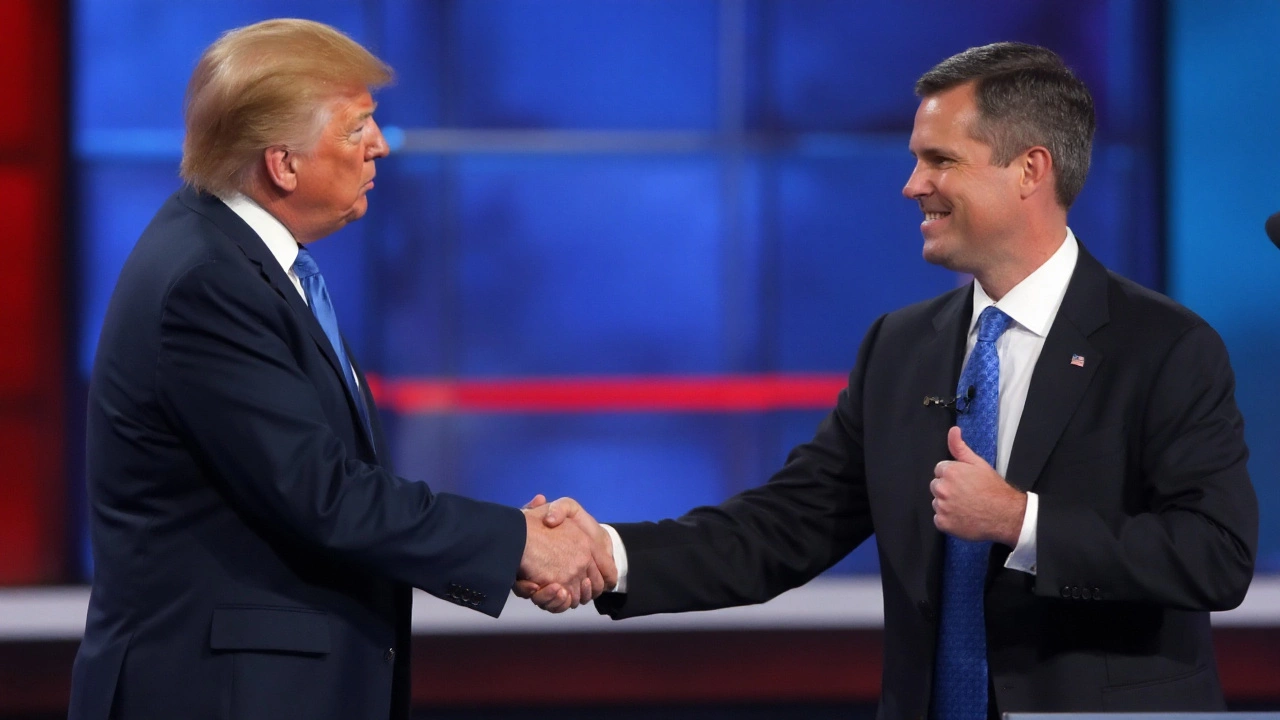Presidential Medal of Freedom: What It Is and Why It Matters
Ever wondered why the Presidential Medal of Freedom shows up in news about celebrities, scientists, and activists? It's the United States' highest civilian honor, handed out by the President to people who have made a big impact on American culture, security, or world peace. Unlike military medals, this award isn’t about combat—it’s about lasting contributions that shape the nation.
How the Medal Came to Be
The award was created by President John F. Kennedy in 1963. Kennedy wanted a civilian award that could stand next to the military’s highest honors. The first recipients were a mix of artists, philanthropists, and civil‑rights leaders, showing right from the start that the medal covers a wide range of achievements.
Since then, every president has used the medal to highlight the values they cherish. Whether it’s honoring a tech pioneer during a digital boom or a humanitarian during a global crisis, the list of winners reads like a snapshot of what America respects at any given moment.
Who Gets It and Why
There’s no set formula, but the typical criteria include exceptional contributions to the national interests of the United States, world peace, cultural or other significant public or private endeavors. Recipients can be American citizens or foreign nationals, which means the award can also be a diplomatic gesture.
Famous names include Martin Luther King Jr., Maya Angelou, Steve Jobs, and Nina Simone. Each of these people changed the conversation in their field—civil rights, literature, technology, music—leaving a mark that still matters today.
When a president chooses a recipient, the decision often reflects current events. For example, during the COVID‑19 pandemic, several health experts were honored to spotlight the importance of science and public health.
So, how does someone actually receive the medal? The White House staff reviews nominations that come from the public, officials, or the president’s own team. The final list is approved by the president, and the ceremony usually takes place at the White House. Recipients get a medal, a citation, and a place in history books.
If you’re curious whether a current celebrity or public figure might be a future recipient, look at three things: have they made a lasting impact? Does their work align with national or global betterment? And have they been recognized by peers before? Those clues often point toward a potential honor.
In short, the Presidential Medal of Freedom isn’t just a shiny piece of metal. It’s a way for the nation to say, “You changed the game, and we’re grateful.” Whether you’re a fan of movies, tech, sports, or activism, you’ll probably see a name you recognize on the list eventually. Keep an eye on the news around award season—the next big name could be just around the corner.
- Kieran Montague
- Sep, 12 2025
- 0 Comments
Charlie Kirk: Trump says he will award posthumous Medal of Freedom after Utah campus shooting
President Donald Trump says he’ll award a posthumous Presidential Medal of Freedom to Charlie Kirk after the conservative activist was fatally shot at a Utah Valley University event. The suspect remains at large as the FBI analyzes a recovered rifle and other evidence. Leaders across parties condemned the killing, while Trump praised Kirk as a ‘giant of his generation.’
